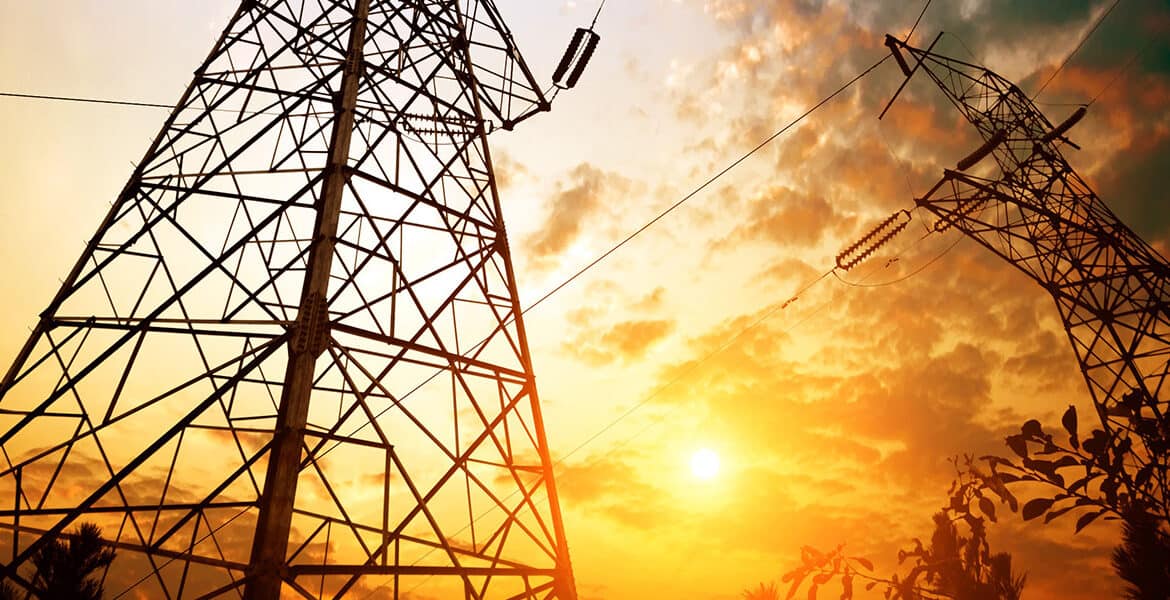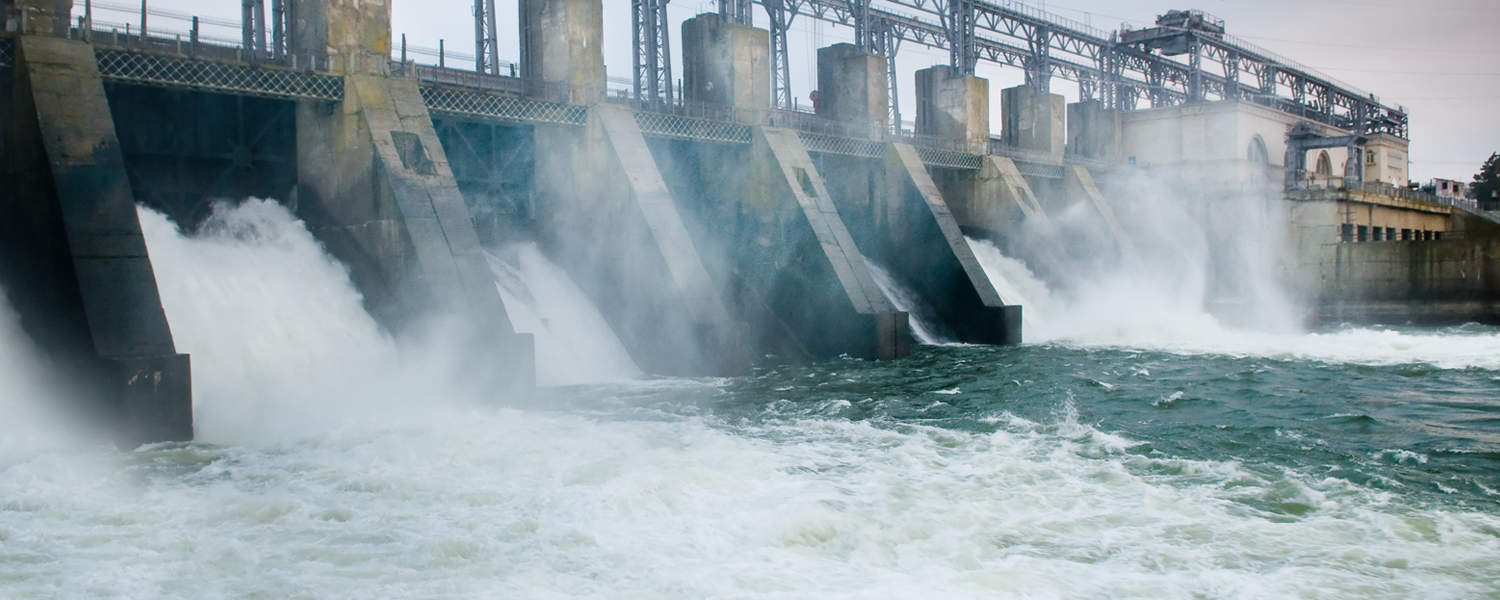Federal funding for infrastructure development is coming. President Trump and presidential candidate, Joe Biden, have both proposed infrastructure investment plans for over one trillion dollars. It comes at a good time because according to the World Economic Forum the United States ranks 13th in quality of infrastructure. In every sector…
Funding America’s Critical Infrastructure








 Shawn Bethel, Wildfire Mitigation Specialist; Director, Business Development, FTS
Shawn Bethel, Wildfire Mitigation Specialist; Director, Business Development, FTS



































